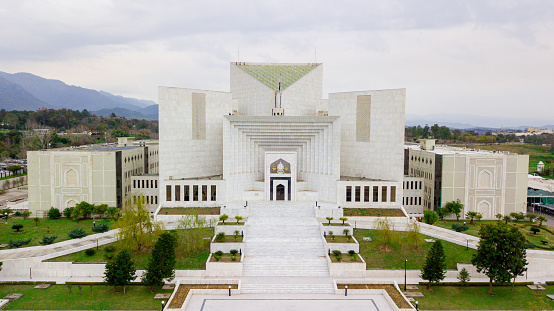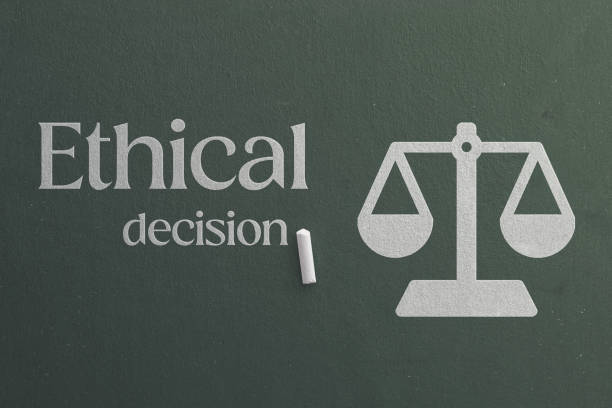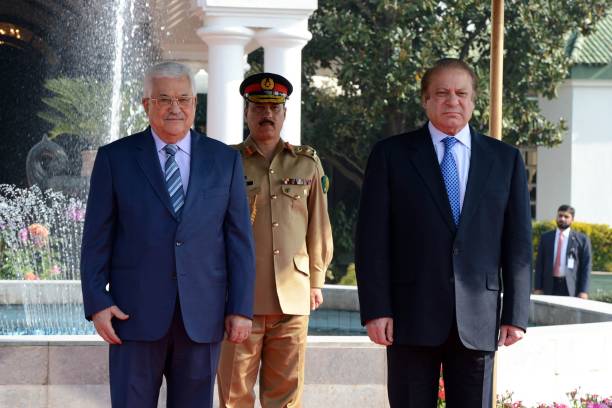Pakistan Government’s Attempt to Curtail Supreme Court Powers
In a move that has sparked widespread debate and concern, the Pakistan government has recently proposed measures aimed at limiting the powers of the Supreme Court. The proposed reforms, which include provisions to alter the process of appointment and tenure of judges, have raised questions about the independence of the judiciary and the separation of powers within the country’s constitutional framework.
At the heart of the controversy
is the government’s assertion that the reforms are necessary to streamline the judicial system and enhance efficiency. However, critics argue that the proposed changes represent a thinly veiled attempt to undermine the autonomy of the judiciary and consolidate power within the executive branch.

One of the key aspects of the proposed reforms is the alteration of the process for appointing judges to the Supreme Court. Under the current system, appointments are made by a judicial commission comprising members from both the judiciary and the legal community, with the aim of ensuring transparency and meritocracy. However, the government’s proposed reforms seek to grant the executive branch greater influence over the appointment process, raising concerns about potential political interference and favoritism.
Furthermore, the proposed reforms include provisions to limit the tenure of judges, which critics argue could compromise judicial independence and undermine the principle of judicial stability. By imposing term limits on judges, the government risks creating a revolving door of jurists, potentially eroding institutional memory and continuity within the judiciary.
In light of these developments, the Supreme Court has found itself at the center of a contentious legal and political debate. Recent case law from the Supreme Court underscores the judiciary’s commitment to upholding its constitutional role as a check on executive power and a guardian of fundamental rights.
In a landmark judgment handed down last year, the Supreme Court reaffirmed the principle of judicial independence and asserted its authority to review government actions that infringe upon constitutional rights. The case, which involved a challenge to the government’s attempts to curtail media freedom, highlighted the judiciary’s role as a bulwark against authoritarianism and arbitrary executive action.

The Supreme Court’s steadfast defense of constitutional principles and fundamental rights serves as a reminder of the vital role that an independent judiciary plays in upholding the rule of law and safeguarding democracy. As Pakistan grapples with the challenges of democratic governance and institutional reform, the integrity and autonomy of the judiciary must be preserved as a cornerstone of the country’s constitutional order.
One such case that highlights the Supreme Court’s commitment to judicial independence and the rule of law is the famous **”Panama Papers Case”**. In this case, the Supreme Court took suo-motu notice of allegations of corruption and money laundering against the then Prime Minister of Pakistan, Nawaz Sharif, and his family, based on the revelations in the Panama Papers.
The court’s rigorous scrutiny of the evidence presented before it and its impartiality in delivering the verdict demonstrated its unwavering commitment to upholding the rule of law, regardless of the status or position of the individuals involved. The verdict ultimately led to the disqualification of Nawaz Sharif from holding public office and sent a strong message about the accountability of public officials.

The government’s attempts to limit the Supreme Court’s powers have raised concerns about the future of judicial independence and the rule of law in Pakistan.
Many fear that such actions could undermine the fundamental principles of democracy and lead to a concentration of power in the hands of the executive.
As the debate continues, it is essential for all stakeholders to uphold the principles of judicial independence and the rule of law, which are essential for a democratic and just society. The Supreme Court’s role as a guardian of the constitution and protector of fundamental rights must be preserved to ensure that justice prevails and the rights of all citizens are protected.









